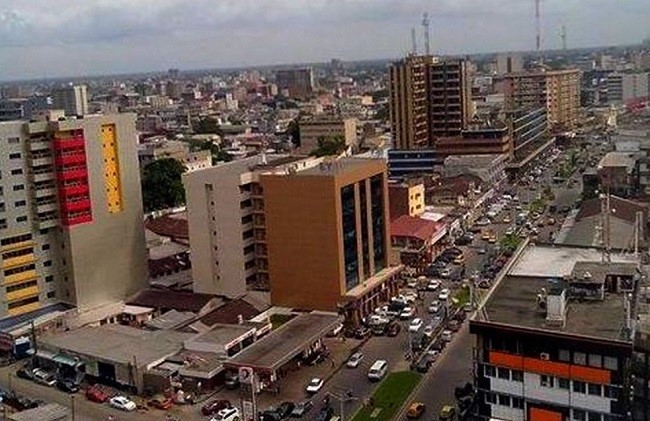“The development of regional value chains requires an alignment of industrialisation frameworks of which the Special Economic Zones (SEZs) are the main tool,” said Jean Luc Mastaki, Director of the Sub-Regional Office for Central Africa of the Economic Commission for Africa.

In Douala, Cameroon, from January 21 to 23, 2025, ECA, the African Union, the African Development Bank, UNIDO and UNDP are organising a “symposium for the successful harmonisation of frameworks for the development and operationalisation of special economic zones in Africa”.
Experts from ECCAS and CEMAC member countries as well as the respective RECs will discuss, together with financiers, development partners and the private sector, ways of action to accelerate operationalisation SEZs in Central Africa, as an instrument for inclusive and sustainable industrialisation and economic diversification.
Building on previous milestones such as the first joint session of the Intergovernmental Committee of Senior Officials and Experts held in 2022 in Seychelles, the Sub-Regional Webinar on the Challenges and Opportunities of SEZs in Seychelles, the new generation for economic diversification and industrialization in Central Africa and studies, the symposium has the ultimate goal of structuring a well-understood common commitment.
For example, it is expected that a new Inter-agency working group and a robust regional cooperation platform to accelerate the operationalisation of industrialisation strategies and the implementation of high-potential value chain and next-generation SEZ approaches. Similarly, the symposium should allow the launch of work on the development of a joint programme aimed at supporting the States of the sub-region in the development and implementation of new generation SEZs, which would contribute to industrialisation and other broader economic and social development goals.
Central Africa is committed to reducing its vulnerability to exogenous shocks, of which inflation and debt overhang and fiscal imbalance are the faces. To remedy this, the States and the Regional Economic Communities have defined subregional and national import-substitution strategies.
These strategies, anchored in industrialisation plans, should ensure the successful implementation of the AfCFTA in line with the commitments made at the extraordinary summit of the Union in Niamey (Niger) in November 2022.
